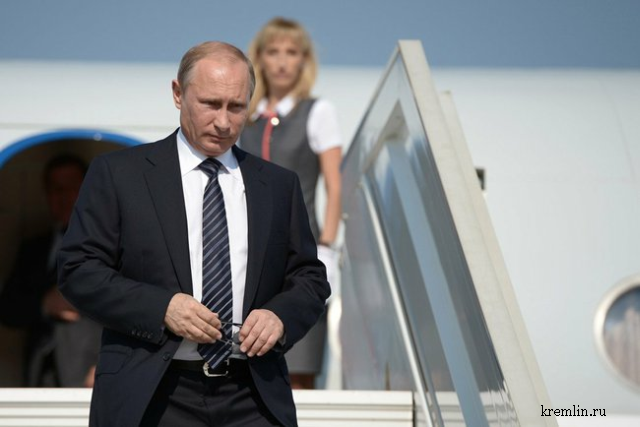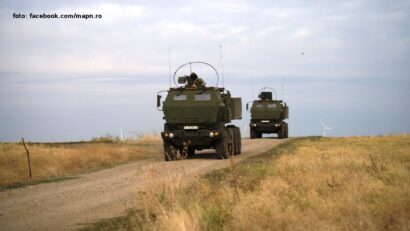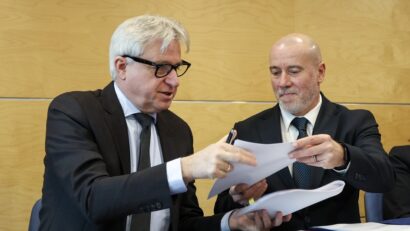European sanctions against Russia
The EU has endorsed more economic sanctions against Russia, despite a ceasefire accord in Eastern Ukraine concluded by government troops and pro-Russian rebels. The enforcement of the sanctions has been postponed for a few days to make sure that the cease

România Internațional, 09.09.2014, 13:26
On Monday, the European Union endorsed more sanctions against Russia against the backdrop of the Ukrainian crisis, but it postponed for a few days their enforcement to give Moscow time to go ahead with its peace efforts, the president of the European Council, Herman van Rompuy announced after the Brussels emergency meeting of the 28 EU ambassadors. As the president of the Council said, the postponement gives time for the assessment of the compliance with the ceasefire accord.
The accord concluded by Ukrainian forces and pro-Russian rebels in Minsk last Friday following negotiations between representatives of the Ukrainian authorities, the separatists, Russia and the OSCE, seems to be a fragile one. Rompuy stated the Union’s readiness to revise the sanctions partially or entirely if the ceasefire in Eastern Ukraine was “lasting”. He explained that the EU had adopted sanctions in several stages, to enhance the pressure on Moscow. We recall that in July, the EU decided to pass on to the third stage of sanctions on Russia, after the previous one targeting basic economic sectors, did not have the expected effect.
The measures aimed, among other things, at curtailing the Russian state-owned banks’ access to the European capital market and at setting an embargo on EU military equipment deliveries to Russia. European sources say that the new package of sanctions adopted on Monday aim to restrict the access of the big Russian oil companies Rosneft and Transneft to the capital market, and target the oil activities of the giant Gazprom.
They also target the defense industry and assets with double use, both civilian and military, in the field of sensitive technologies. Moreover, Brussels extended the list of Russian and Ukrainian persons whose assets were frozen and who are banned to enter the EU. 100 Russian and Ukrainian officials and 20 commercial entities have so far been included on the list of European sanctions, which, according to Brussels, were triggered by the attitude of Russia, accused of having violated Ukraine’s sovereignty.
In turn, Moscow has warned that it will retaliate if the EU imposes more sanctions. Russian prime minister Dmitri Medvedev has warned that the restrictions might entail Moscow’s asymmetrical reply, such as closing its air space for the Western airlines. Russia has already banned the imports of food products from Europe and the USA, in retaliation to the sanctions imposed by Brussels and Washington.






























